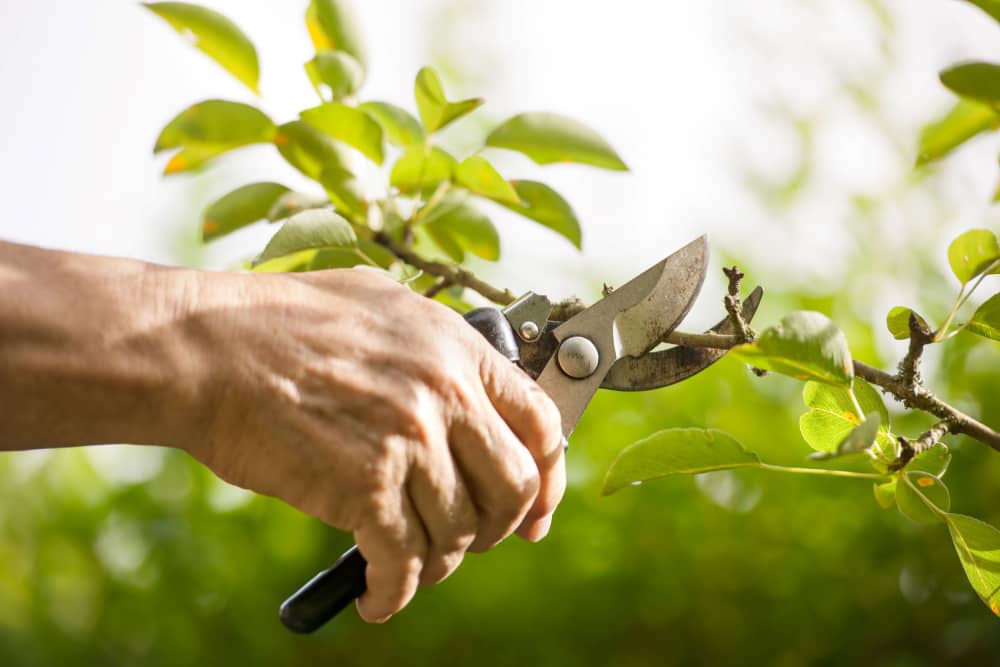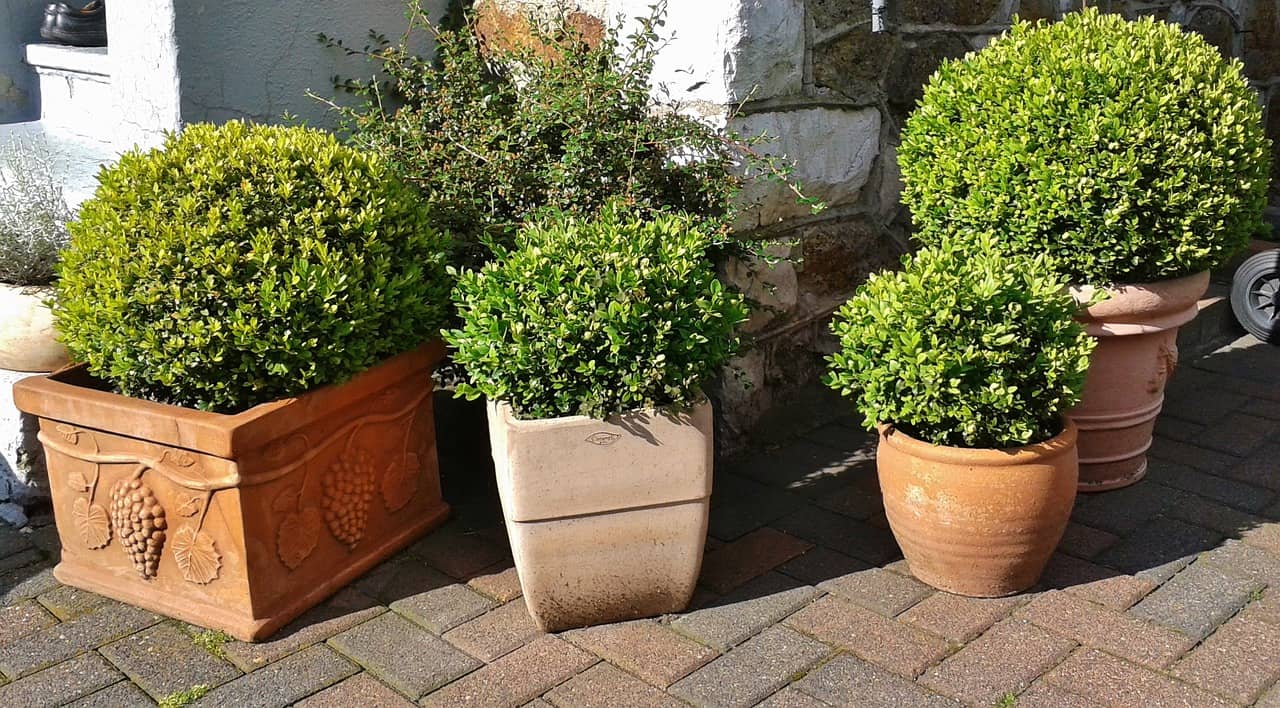Owning a garden is becoming increasingly popular in today’s world. With the high prices for groceries at the supermarket combined with rising costs of the transportation of goods due to the COVID-19 pandemic, any means necessary to reduce your food expense is a wise choice.
But gardening isn’t always an easy process. Believe it or not, you can’t just toss some seeds on the ground and have a garden the next day. This is a process of care and nurturing, and it also includes a great deal of skill.
Gardens are also susceptible to invaders. And these invaders can come in the form of invasive plants which can rob the soil of nutrients, effectively making your plants starve. But thankfully, instead of using harmful chemical herbicides like Paraquat, there are many natural alternatives to chemical herbicides
Here, we’ll explore a few ways you can reduce the growth of invasive plants by natural methods.
Boiling Water
You could hire pest control services to rid your garden of weeds and other pests. But, perhaps the simplest method of all is to heat water to around 212 degrees, then pour it onto your invasive weeds. And if you’re wondering if this really works, yes, it does. But the only problem is that it’s hard to control the water once you pour it onto the plants.
If you have nearby vegetables growing, you’ll want to avoid this method because you could end up inadvertently destroying your own plants–and the invasive weeds.
However, this method works great on weeds that are growing away from plants, such as near the perimeter of your garden, along sidewalks and other walking paths.
Water Solutions
A solution of regular dishwashing soap and warm water is another great method for killing weeds in or near your garden.
Simply spraying the length of the invasive growth all the way down to the base of the plant will coat the waxy outer layer of the plant, effectively suffocating the plant. After a day or two, these invasive perpetrators will wither and die, never to be seen again.
Additionally, you can also add a tablespoon of salt to the mixture to make it even more effective, or simply use a saltwater solution to begin with.
Saltwater
Saltwater has a natural way of killing any plants that aren’t accustomed to living in ocean environments. So unless you find your garden being encroached by seaweed (which is highly unlikely) you’ll find that a saltwater solution is a perfect natural herbicide for any invasive plants.
You should also note that saltwater can also harm your plants as well. So ensure that you’re using an easily controlled spray nozzle and aiming only for the weeds.
Vinegar
Just like soap or salt, vinegar has a harmful effect on plant growth. But this is also a method that you can use in concentrated form or by slightly diluting it with water.
For heavy growth of invasive weeds or plants, using a solution of pure white vinegar can cause all of the invasive growth to wither and die in a matter of days. Additionally, mixing a solution of one cup salt to one gallon of white vinegar will increase the potency and weed-killing power of your solution if you have a serious problem with invasive weeds.
Dig Them Up
Finally, the completely natural, time-tested method for getting rid of weeds is to physically remove them from the garden.
This might take a little time and require a shovel, gloves, and a good bit of energy, but you’ll be removing the weeds at the source. And when you remove the roots, the plant can no longer grow.
Additionally, it’s also good as a precaution to spray the root area with a saltwater solution after removing the weeds. This way, any seeds or chutes won’t be able to proliferate.
Keeping your garden safe from weeds and pests is just as much of a full-time job as tending to your plants and making sure they’re watered and healthy. But if you want a garden that produces well, getting rid of all invasive growth is going to be the best practice.















